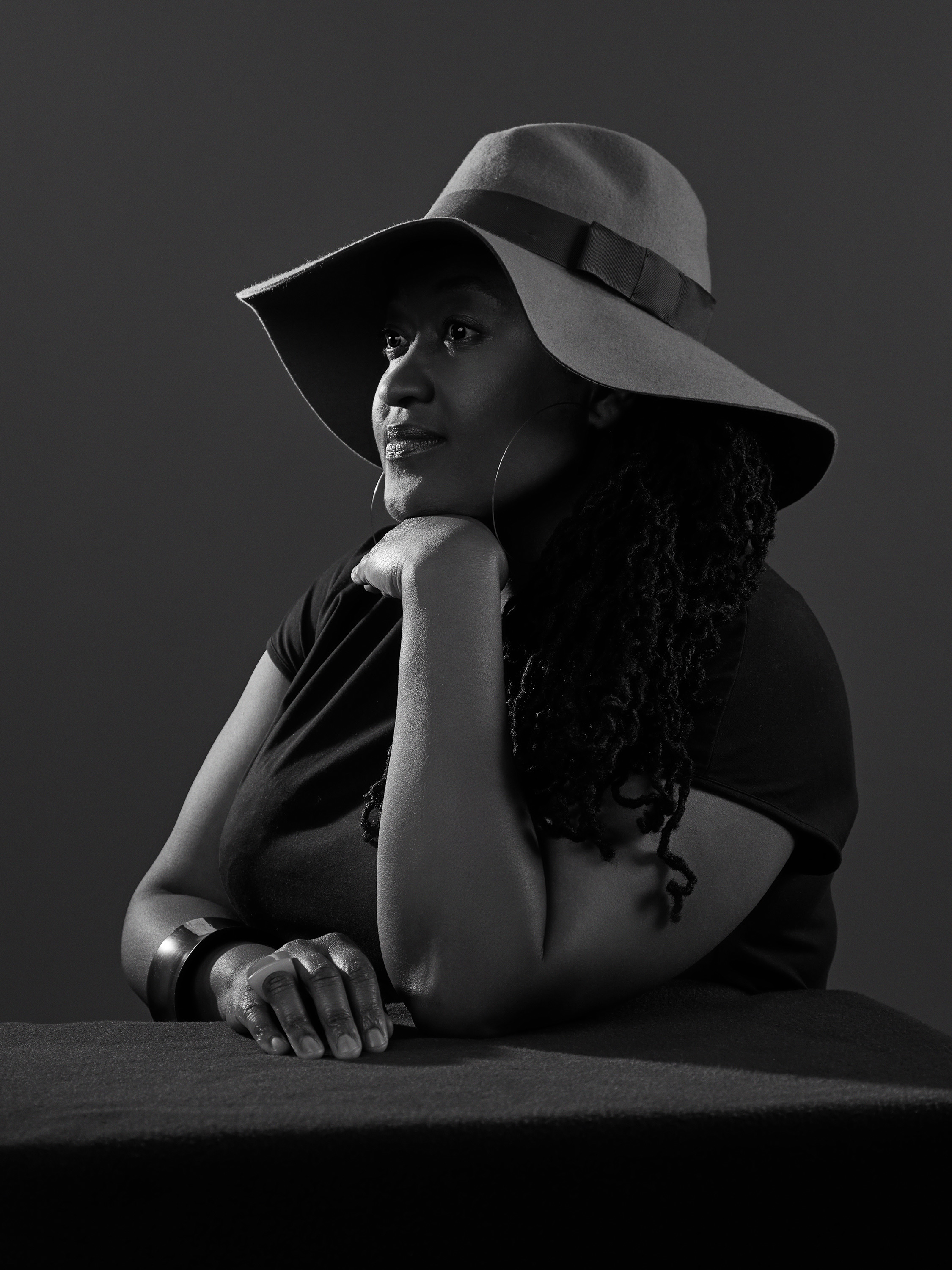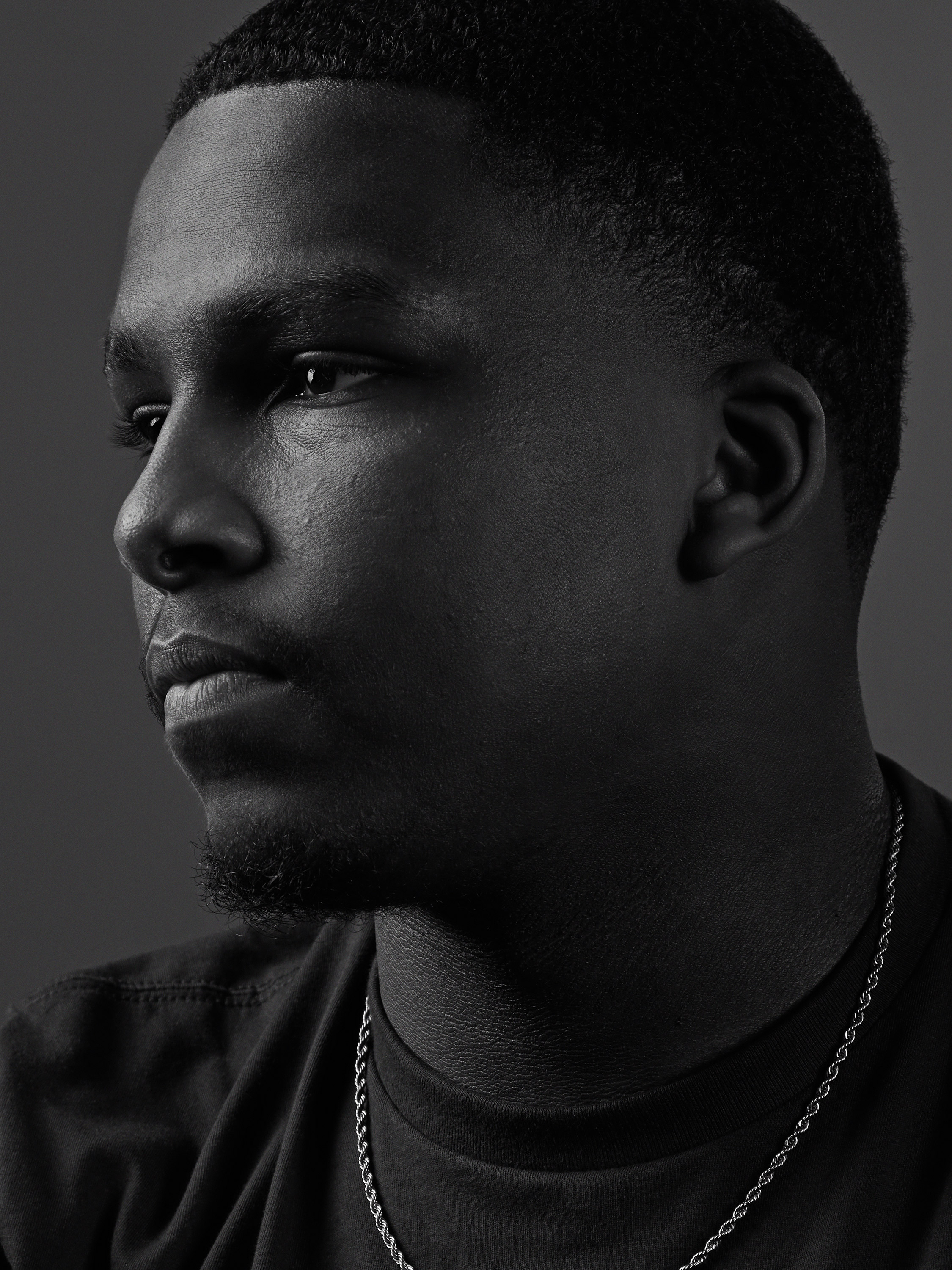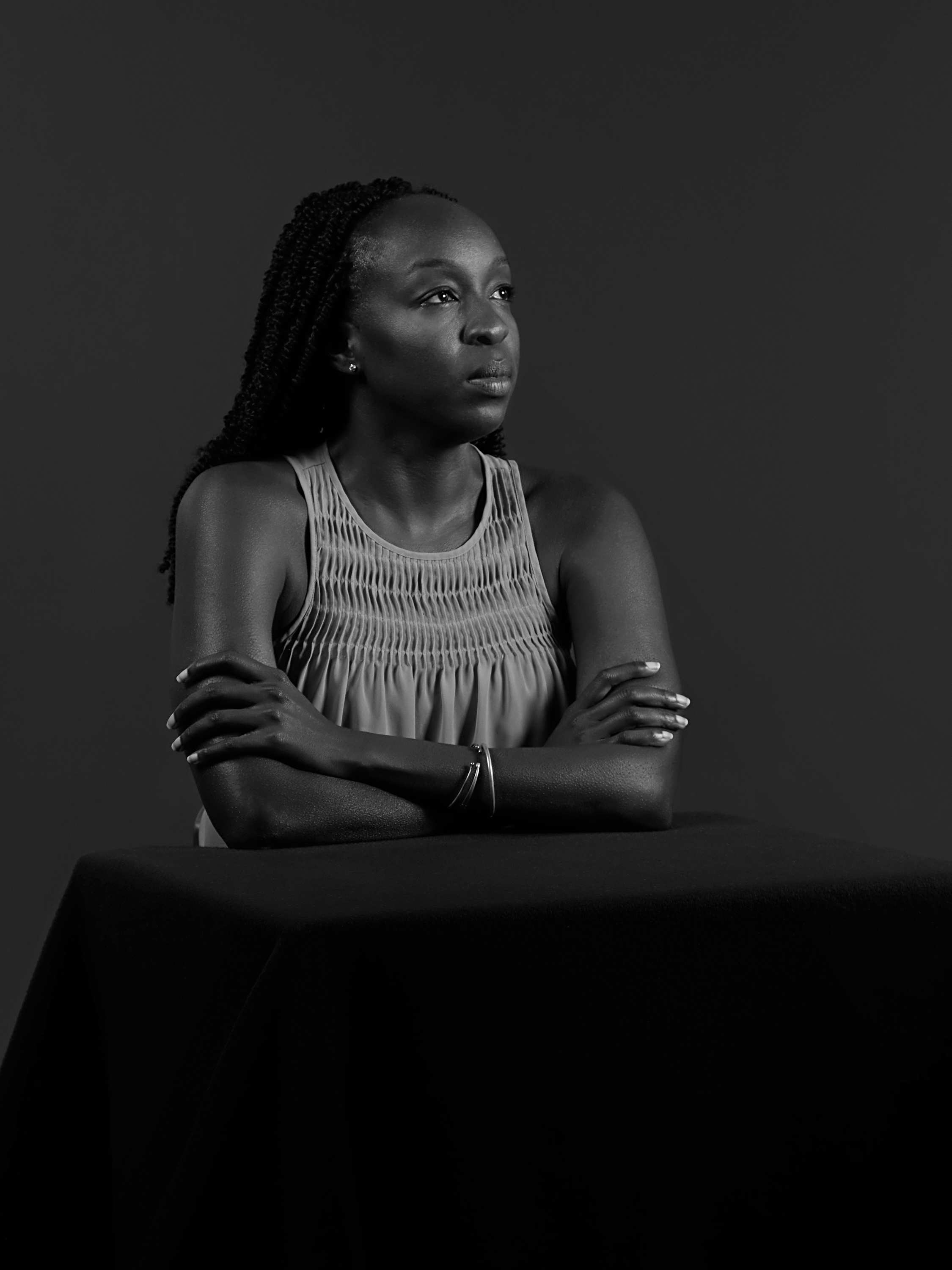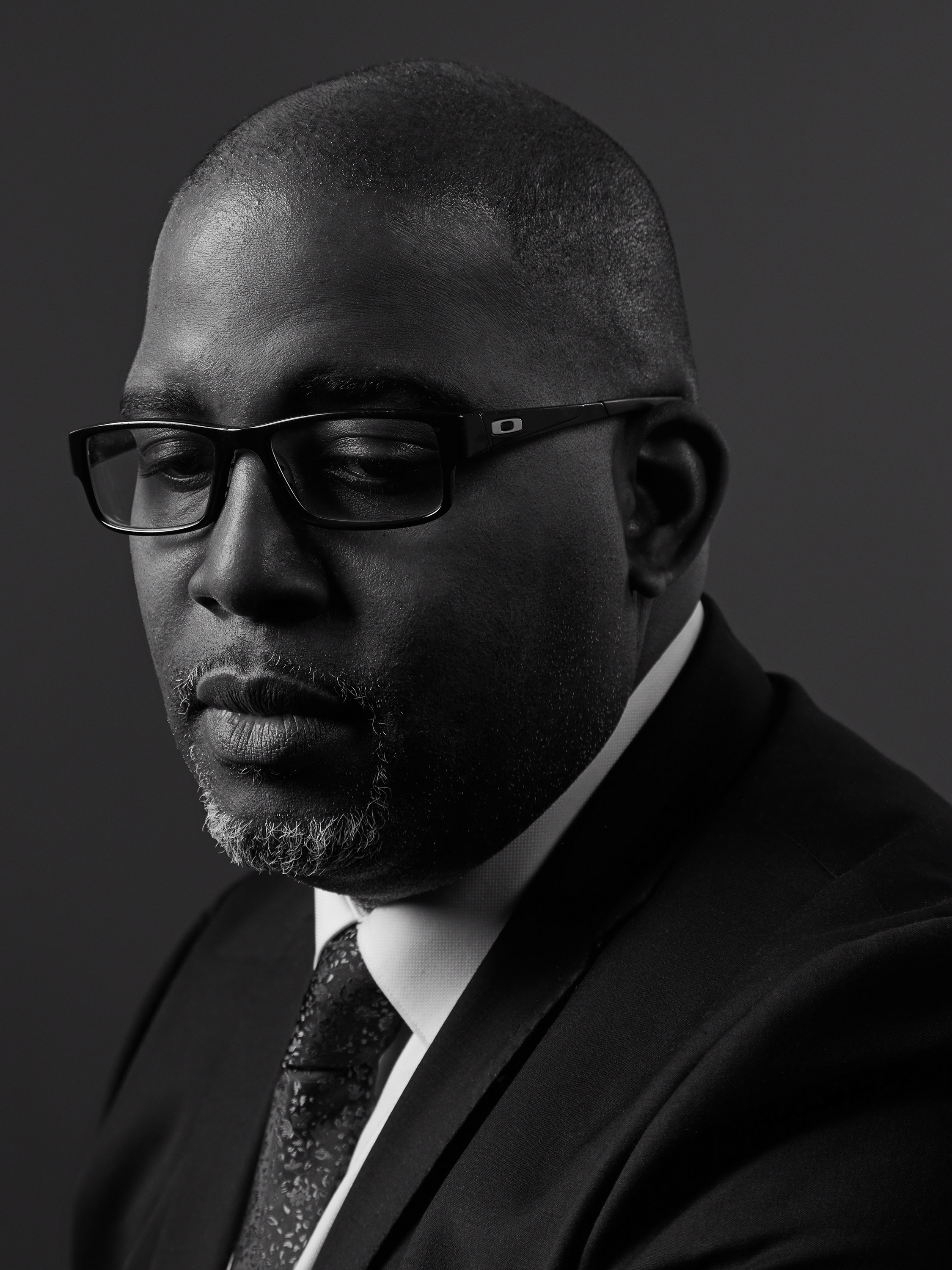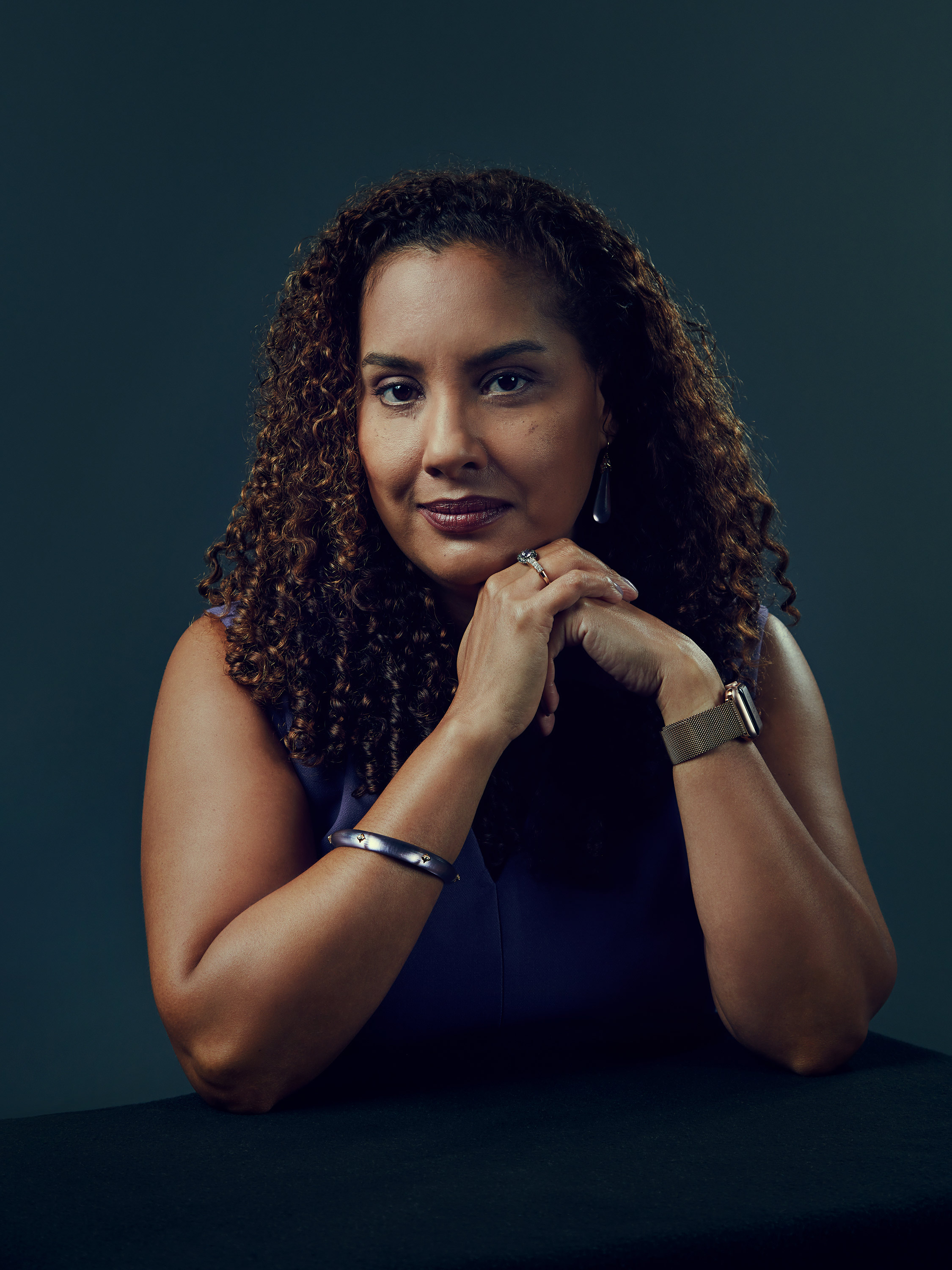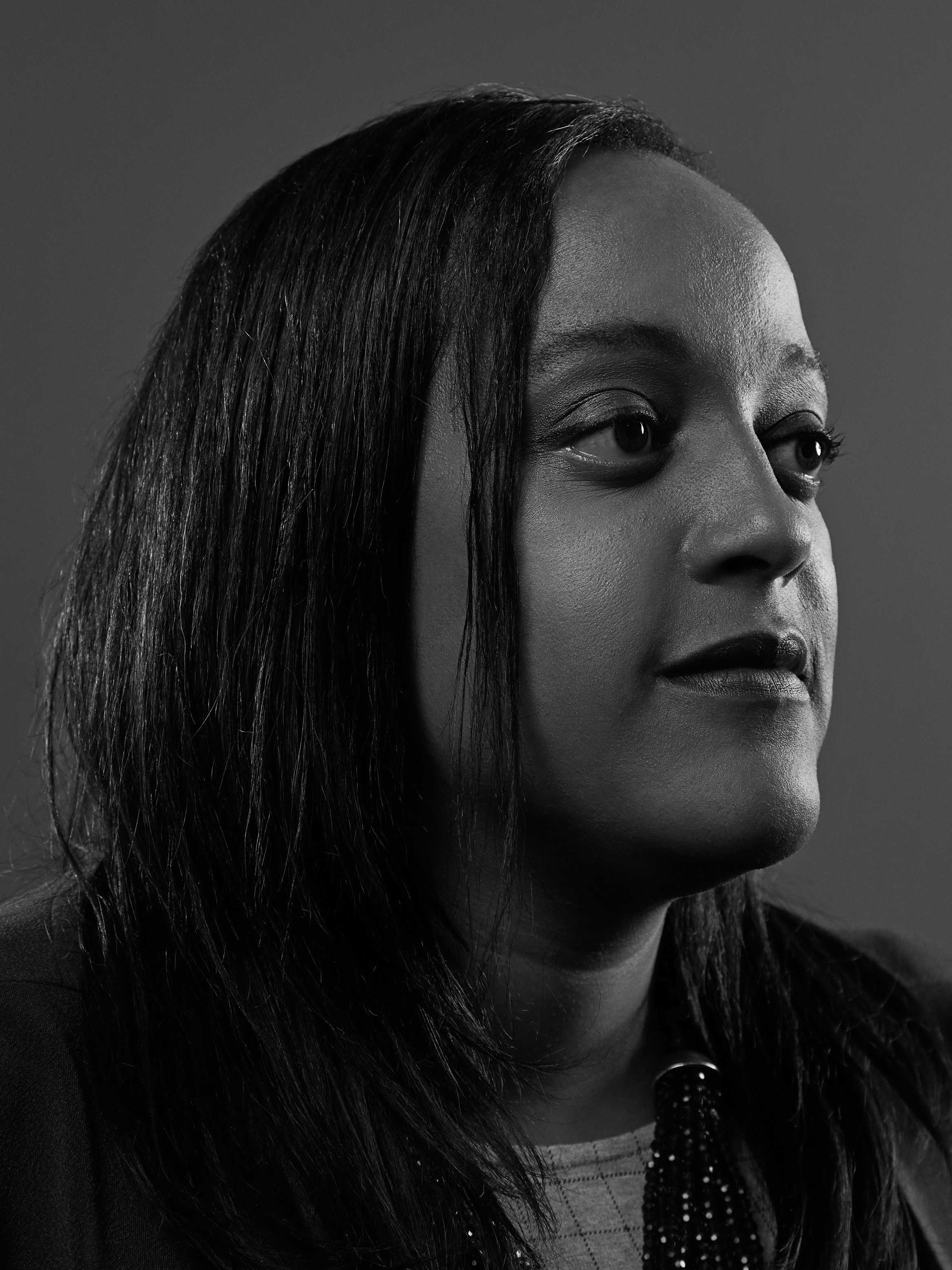
Black Voices: Are you part of the problem or the solution? Black Voices: Are you part of the problem or the solution? Black Voices: Are you part of the problem or the solution?
“We’re moving in the right direction,” says LeAnne Wiles, director of First-Year Programs in Undergraduate Academic Affairs. “Things we’re doing right now might have seemed radical when I first came to the UW in 2009.”
By LeAnne Wiles | Viewpoint Magazine
This is part of our “Black Voices” issue of Viewpoint Magazine. Go here to see the full issue.
“Are you a part of the problem or the solution?”
As a child, I consistently heard that question from my father when I would come to him with a dilemma. Frustrated, I would respond, “Dad, it’s not that simple.” He would smile and say it again. I now know he repeated this phrase not to torment me, but to push me to refocus and decide what I could control and what I could not.
Good or bad, this has been my philosophy moving through my career as a Black professional. When you live in a world where you continually see signs that your Black body does not matter, it can be paralyzing. Knowing that you will be overlooked, misinterpreted and given feedback that you are too loud, direct, angry or just too hostile because you are a Black person in this world can be exhausting. To have your child tell you that she doesn’t feel safe going to the store with you because she fears you will be attacked or killed is devastating. During those times, I call to my ancestors. I am six generations removed from their enslavement. Jack and Mariah Summerall labored on a plantation in Baxley, Georgia. If my ancestors can survive being enslaved, then I can decide how I want to not just survive but thrive.
I currently serve as the Director of First Year Programs in Undergraduate Academic Affairs. Our team focuses on the transition experience for first-year students at the UW. In moving toward racial equity, we have to rephrase the question. “What can I as an individual, the department, our division or college, and our campuses do to move toward racial equity?” We have to break down the questions to create benchmarks and metrics in each area. In my department, we have moved toward racial equity through the evaluation of our onboarding and hiring of staff and student employees. We started with the diversity toolkit provided by the Office of Minority Affairs & Diversity, created racial equity goals and evaluated our process. From this evaluation, we realized that there was bias in our professional staff hiring process, and that transfer and international students were constantly less successful when applying for paid student leadership positions. Instead of assuming this was a candidate issue, we assessed how our process fostered these results, then made adjustments.
For the UW to continue to move toward racial equity, I hope we continue to focus and set actionable goals and metrics with accountability. Do we want more faculty of color? Do we want to target the recruitment of a specific type of undergraduate student? Do we want to increase access to positions of influence for staff? What are we striving for? We have seen UW executive leadership set the vision, and I, as a staff employee, come with individual expectations. However, if faculty and staff, including departmental chairs, non-tenured faculty, directors and managers, do not translate the vision to actionable goals and metrics with accountability, we will continue to fall short of achieving racial equity. Unfortunately, this decentralized action takes time and resources, all while we are managing a host of other pressing issues that intersect with and complicate our ability to keep a laser focus on racial equity. So again, what is our focus? Who defines the focus?
We all have to be engaged. That starts with policy, practice and people. Many of our equity conversations go straight to amplifying unheard voices and seeking out first-person narratives. But we need the narrative of the many, not just one or two. We should push beyond basic representation—counting how many people of color—and set baseline metrics for all of our campuses that reflect more profound and diverse strategies for change. We need to be shifting the mindset and culture and listening to the collective narrative with the head and the heart.
When I, as a Black professional, tell my truth, some people treat it like a theoretical exercise, providing surface-level communications to “check the box,” expressing their own individual guilt and hearing and learning about the experience without taking action to do anything about it. To move toward racial justice, we should require faculty and staff to have progressive levels of training in anti-racism practices. It will help them understand their own privileged identities and biases. Then we should coach them to become allies in action; furnishing them with tools for dismantling racist structures should be a priority. The UW can provide funding for departments to review hiring practices and empower and support faculty and staff who offer differences.
Alumni are integral to our success. I’ve witnessed alumni returning to keep us accountable, and they hold the legacy and memory of this University. My hope is that they continue to stay in the conversation with the University and reflect and bring practices to the equity conversation that they have seen in their professions.
Are you part of the problem or the solution? It’s hard to think about shifting the dominant mindset and culture, but this is about taking opportunities to evolve. We have made strides in hiring, training and creating community dialogues. With authentic engagement that leads to accountability, we can all continue to be part of the solution. This work is not somebody else’s. It is all of ours.
